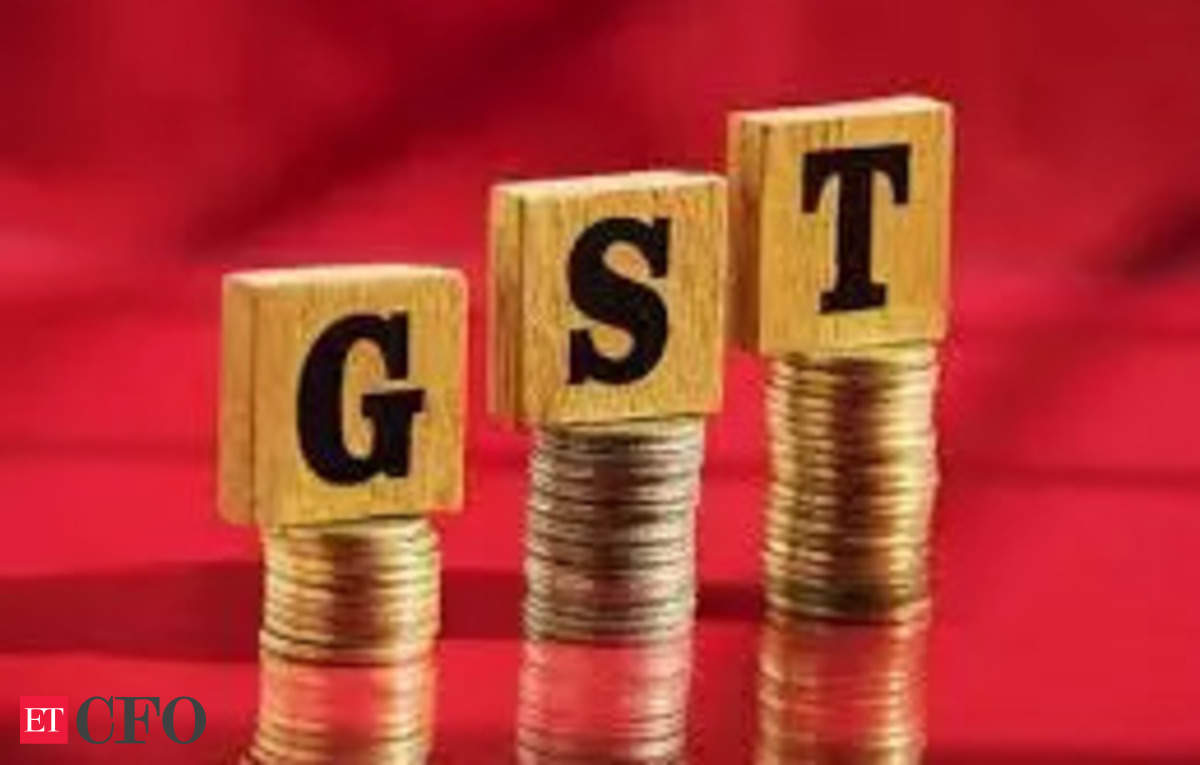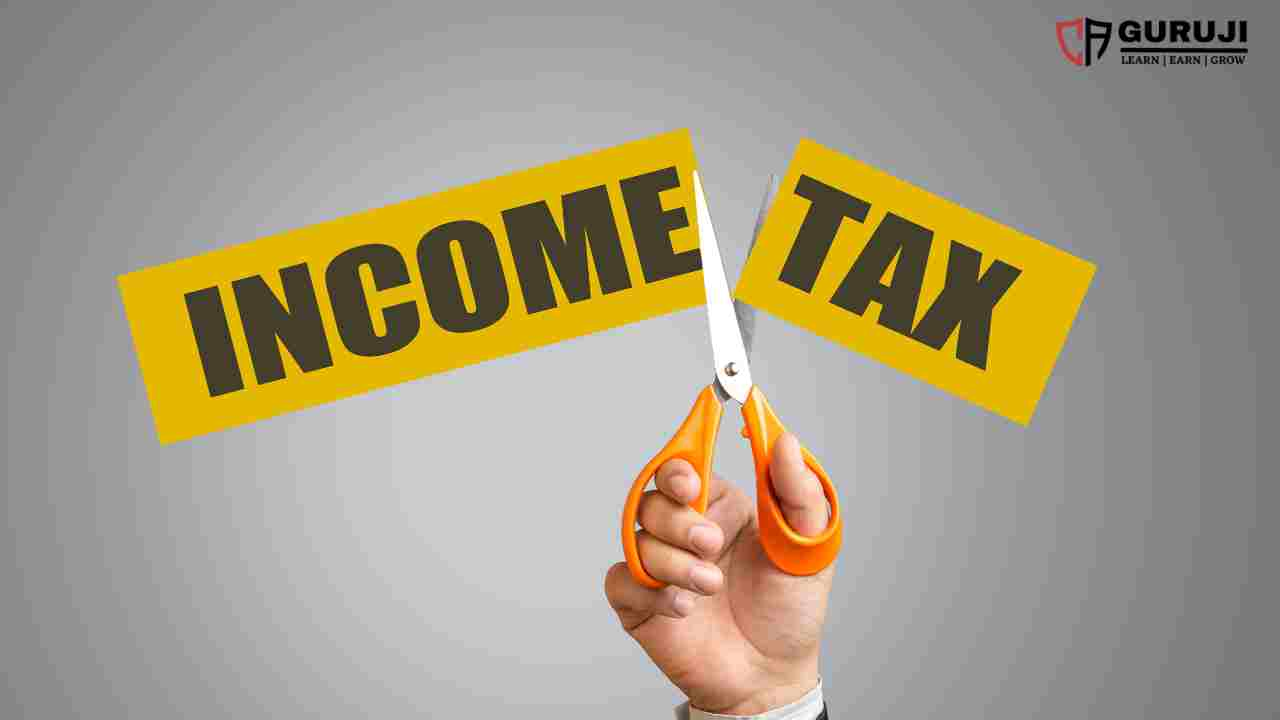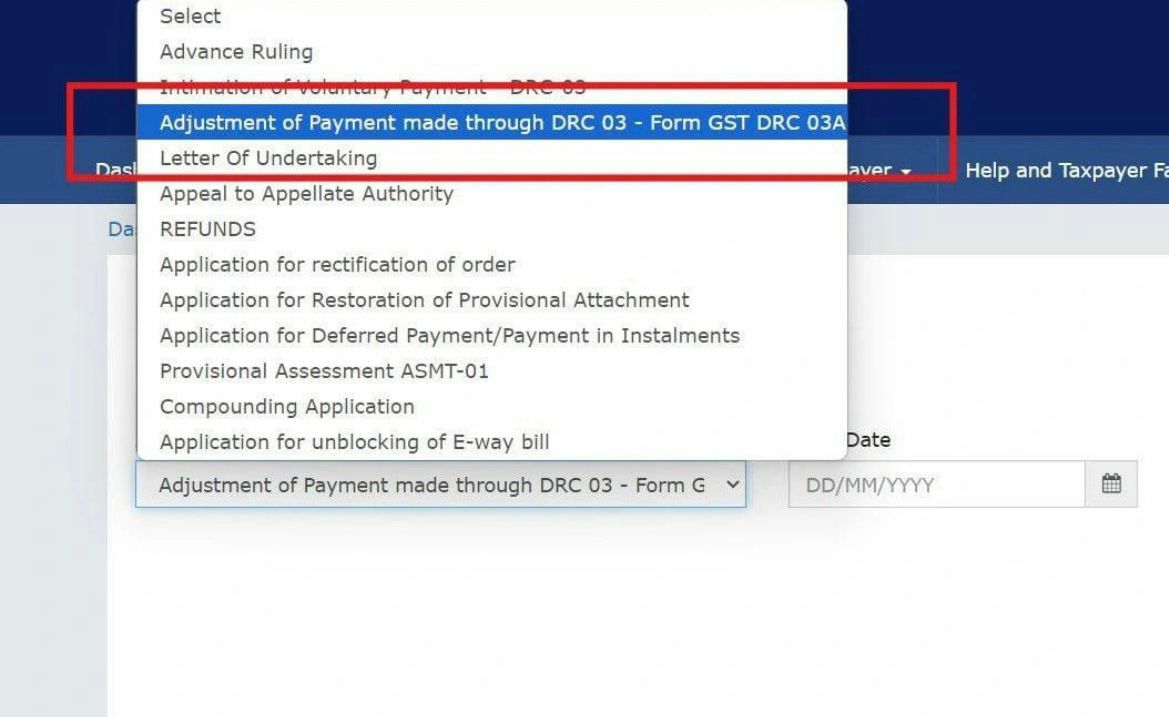The Union Budget 2024, presented on July 23, 2024, has introduced several changes impacting senior citizens. However, many feel the budget does not sufficiently address the specific needs of the elderly population. Here’s a detailed look at the benefits announced, the existing unchanged benefits, and what has been overlooked.
Benefits Announced in Budget 2024
- Increased Standard Deduction:
- The limit for the standard deduction under the new tax regime has been increased from ₹50,000 to ₹75,000. This can be deducted from pension income, offering some relief to senior citizens.
- Higher Exemption Limit for Family Pension:
- The exemption limit for family pension has been raised from ₹15,000 to ₹25,000, providing additional tax relief for those receiving family pensions.
- Enhanced Exemption on Long-Term Capital Gains (LTCG):
- The exemption limit for LTCG has been increased from ₹1,00,000 to ₹1,25,000. This change benefits senior citizens who hold long-term investments, especially those maturing around their retirement.
- New Tax Regime Slab Rates:
- The revised slab rates under the new tax regime offer some benefits:
- Income up to ₹3 lakh: No tax
- ₹3 lakh to ₹7 lakh: 5%
- ₹7 lakh to ₹10 lakh: 10%
- ₹10 lakh to ₹12 lakh: 15%
- ₹12 lakh to ₹15 lakh: 20%
- Above ₹15 lakh: 30%
- The revised slab rates under the new tax regime offer some benefits:
Despite these changes, many feel the budget falls short in addressing the broader needs of senior citizens.
Unchanged Income Tax Benefits for Senior Citizens
- Section 80D:
- Deduction for mediclaim insurance or medical expenses up to ₹50,000.
- Section 80TTB:
- Deduction for interest income up to ₹50,000.
- Section 194P:
- No need to file ITR for senior citizens who fulfill certain conditions.
- Exemption Limits Under Old Regime:
- Senior citizens: ₹3,00,000
- Super senior citizens (above 80 years): ₹5,00,000
- Senior Citizen Saving Scheme:
- Special saving scheme offering higher interest rates.
- Higher Interest Rates on Fixed Deposits:
- Banks offer higher interest rates on FDs for senior citizens.
- Exemption Under New Regime:
- Income up to ₹7,75,000 is exempt due to a rebate under Section 87A and a standard deduction of ₹75,000 from FY 2024-25.
- TDS on Interest:
- TDS on interest income for senior citizens is applicable above ₹50,000.
- Section 80DDB:
- Deduction for specified diseases up to ₹1,00,000.
- No Need to Pay Advance Tax:
- Senior citizens not having income from business/profession are exempt from paying advance tax.
- Paper Return Filing:
- Super senior citizens can file their returns in paper form.
- Mandatory ITR Filing TDS Limit:
- The mandatory ITR filing threshold for TDS on senior citizens’ income is ₹50,000.
What’s Missing and Concerns Raised
- Lack of Direct Relief:
- No specific announcements were made exclusively for senior citizens beyond the changes in standard deduction and family pension limits.
- Critical Needs Overlooked:
- The budget did not address crucial areas such as health care, social engagement, financial stability, and digital well-being for the elderly.
- According to the Government Economic Survey 2024, there is an urgent need for structured elder care policies in India. The Niti Aayog report of 2023 also highlighted the necessity to address issues related to the aging population.
- Neglect of Senior Citizens in Policy Making:
- The Finance Minister, who is over 65, and nearly 200 senior MPs did not acknowledge the needs of the elderly population.
- Despite their lifelong contributions to the nation, seniors are not given their due respect and care in terms of financial security and healthcare.
- Inadequate Budget Allocation:
- The Department of Social Justice and Empowerment received ₹13,539 crore, but only ₹279 crore (2%) is allocated to aging. This is seen as discriminatory against the 10% of the population who are senior citizens.
- Unaddressed Demands:
- Restoration of Railway Concessions: Withdrawn during the pandemic, these concessions are crucial for poor and middle-class seniors.
- GST on Mediclaim and Services: Seniors seek the removal of the 18% GST on mediclaim policies and services.
- Inclusion in Ayushman Bharat: All seniors, regardless of income, should be included for free healthcare.
- Increased Pension: Non-taxpayer seniors require an increased old-age pension of ₹3,000, as 90% lack social security.
- Homeless and Childless Seniors: There is a need for shelter, food, financial security, and healthcare for this vulnerable group.
- National Policies: Implementation of the National Policy for Senior Citizens and the National Dementia Policy is overdue.
- Public Infrastructure: Age-friendly infrastructure and transportation systems are necessary for senior mobility and independence.
- Pending Amendments and Programs:
- Several initiatives, such as the Maintenance and Welfare of Parents and Senior Citizens (Amendment) Bill, 2019, remain pending, leaving seniors without adequate safety and elder care provisions.
- Programs like the Senior Citizen Welfare Fund Act 2015, National Centre for Ageing, and various health care initiatives need urgent attention and funding.
Way Forward
Senior citizens demand more than slogans and symbolic gestures. They require concrete steps and adequate budgetary allocations that ensure their safety, security, and dignity. With the growing elderly population, India must prioritize structured and comprehensive policies to support them.
A single point nodal agency for aging, such as a National Commission or Ministry, is essential to address these issues effectively. Empathy, not sympathy, is what senior citizens seek from lawmakers.
In conclusion, while Budget 2024 offers some benefits, it significantly falls short of meeting the needs and expectations of India’s senior citizens. As the country moves towards ‘Viksit Bharat,’ it must ensure no one is left behind, especially the elderly who have contributed so much to the nation.
Visit www.cagurujiclasses.com for practical courses











